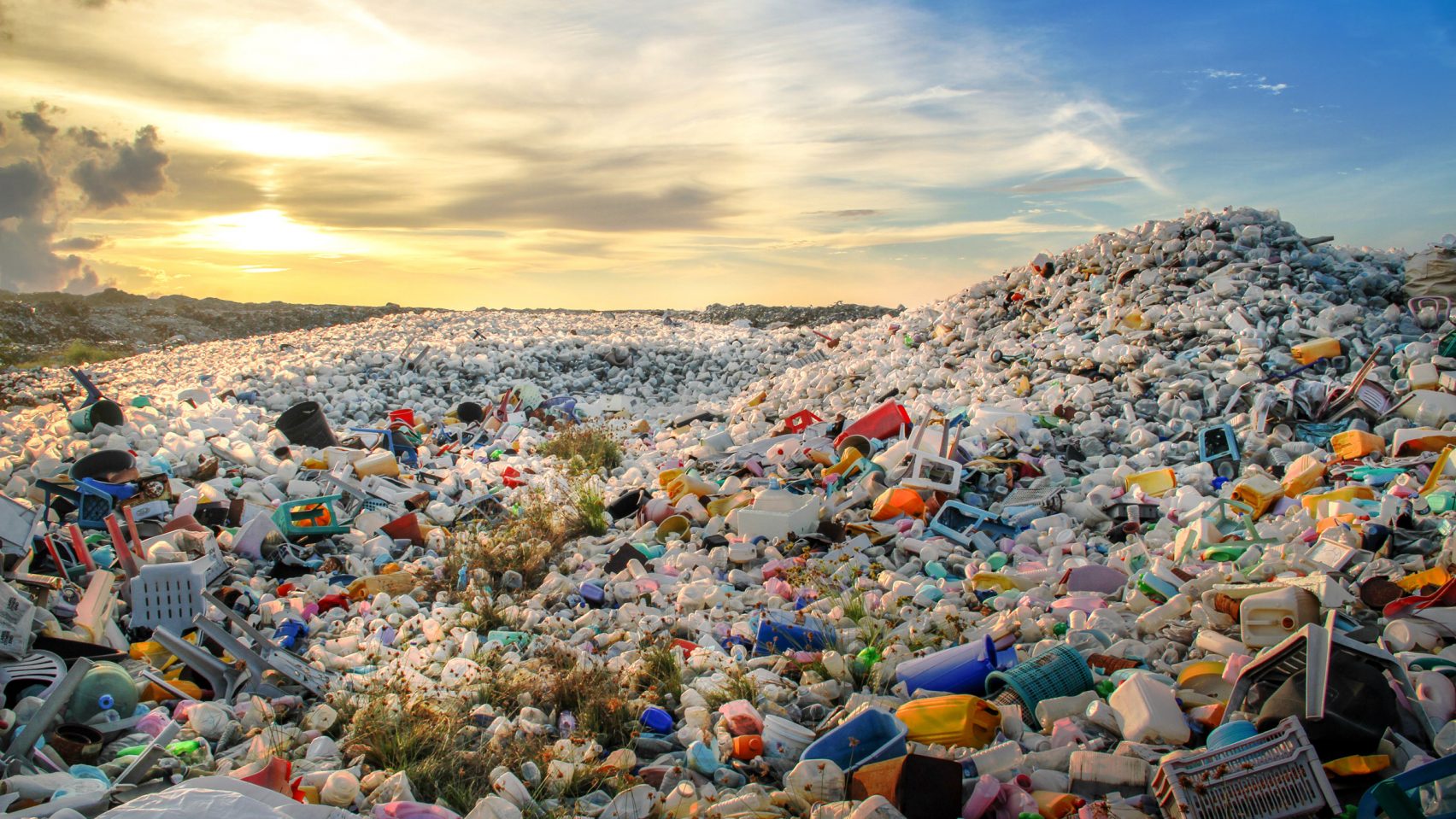
The Sustainable Restaurants Association explains why recycling is not enough: we have to change how we think about waste.
With the Simpler Recycling legislation being introduced in the UK from the end of March, the SRA explores the hidden horrors within the recycling system, why we need to go much deeper to solve our global plastics problem — and how hospitality can lead the revolution.
We were all told that recycling was important; planet-saving, even. For decades, from governments and industry to the home consumer, we were all focused on recycling as the solution to our plastics problem. Upon taking a closer look at what actually happens to our plastics once they leave our premises, however, it’s clear that this has never been a viable system.
The plastics lie
We’ve been heading down a one-way road for decades — yet the plastics industry has been aware of recycling’s inadequacy for more than 30 years. A damning 2024 report, ‘The Fraud of Plastic Recycling’ proved that producers have long known that recycling is not a viable solution for managing plastic waste. An internal 1986 report from trade association the Vinyl Institute said, “recycling cannot be considered a permanent solid waste solution [to plastics], as it merely prolongs the time until an item is disposed of.” In 1989, the founding Director of the Vinyl Institute told attendees at a trade conference, “Recycling cannot go on indefinitely, and does not solve the solid waste problem.”
In spite of this knowledge, the industry consciously promoted recycling as the solution. “If the public thinks that recycling is working, then they are not going to be as concerned about the environment,” Larry Thomas, former president of the Society of the Plastics Industry (now called the Plastics Industry Association) said in an interview with NPR.
The myriad failures of plastic recycling
While it’s theoretically possible for most used plastic to be turned into new things, the processes of collecting, shipping, sorting and melting it down are significantly more difficult — and expensive — than creating new plastics from oil and gas, and all of these processes carry their own environmental impacts. What’s more, not all plastics can be recycled. Soft plastics, like the film on much of our packaging, often can’t be processed in standard recycling systems. If plastic is contaminated with food waste or mixed with non-recyclable materials, it’s unlikely to be recycled at all.
Plastic also degrades each time it is reused, meaning there’s a limit on its lifetime, even under the best circumstances. This degradation also creates the risk of microplastics being released from the plastic, which renders recycled plastics generally unsuitable for food and drink packaging.
Working in combination with the bottomless greed of the oil industry, these factors render plastic recycling vastly less successful than that of aluminium, paper and glass. The global recycling rate for plastic remains at a dismal 9%; in fact, less than 10% of plastic that has EVER been produced worldwide has been recycled. Instead, plastic waste is dumped in landfills, buried under the earth, burned or shipped overseas to countries like Malaysia and Indonesia.
We need a revolution
Learning that we have all been duped for decades can inspire one of two responses: apathy and anger. Unfortunately, we are living at a critical moment in our planet’s history, so we don’t have the luxury of sliding into apathy. We need to channel our anger into action. These revelations need to spark a revolution.
Introduced from the end of March, the UK’s Simpler Recycling legislation calls for better waste separation in businesses. While initiatives like this are clearly a step in the right direction, they are nowhere near fast or radical enough; we need measures that shift our attitudes and prevent waste being created in the first place. We desperately, urgently to end our reliance on plastic and embrace something completely different, something revolutionary in its disregard for the profit-before-everything grind of capitalism: a circular approach.
Change is possible
This is a challenge, but it is possible. Technological advances are increasingly creating new, plant-based and biodegradable alternatives to plastic, some of which are already growing at scale. In the meantime, one tiny island in Greece has been successful in driving its waste down to zero — an inspirational example that highlights the possibilities of a circular approach. Before its ‘Just Go Zero’ project began, Tilos sent 87% of its waste to the dump; now, 100% of it is diverted from landfill. The scheme has proved such a success that the island no longer has any rubbish bins — and its landfill has shut down. Instead, at the Centre for Creative Upcycling, items are repaired, reused, or turned into art supplies or building materials. If an island can do this, so can a business; if a business can do it, so can an industry.
While there is an urgent need for increased governmental and legislative support, we can’t afford to wait. We need visionaries across every sector to lead the way. For hospitality, there is a real opportunity for businesses to re-envision how waste is prevented and managed within their own operations — and to spread this shift further throughout their supply chains and in consumer communications. The business benefits are numerous: reduced costs; improved reputation and customer loyalty; tangible actions you can use in your marketing materials; and being well-prepared for tighter legislation down the line. At the same time, we’ll be working towards a more resilient industry — and planet — that can sustain itself for years to come.
For more sustainability insights, advice and stories from across our global network, sign up to our newsletter and follow us on Instagram and LinkedIn! If you’re interested in exploring what sustainability can do for your business, get in touch with our Head of Growth, Will Browning, at will@thesra.org.
